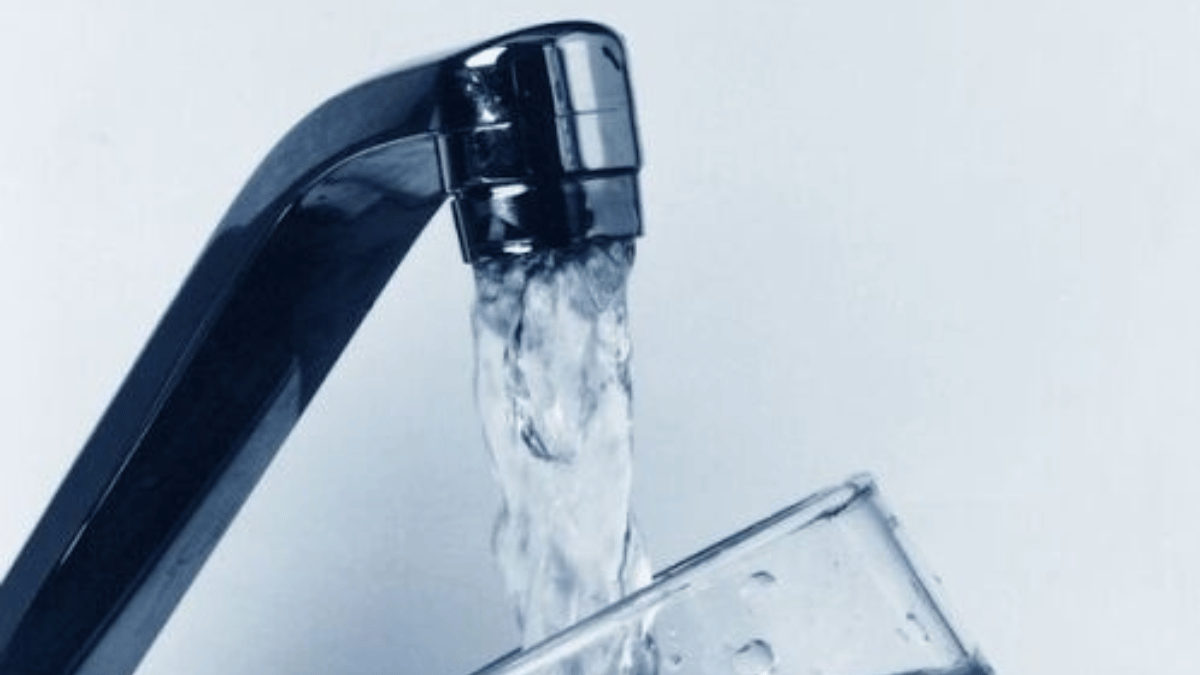West Virginia American Water (WVAW) completed its acquisition of Boone-Raleigh public service district’s sewage Wednesday.
The acquisition comes after the Boone-Raleigh sewage utility was deemed to be a failing wastewater system by the Public Service Commision (PSC) and owed $1.2 million in debt. The PSC looked to WVAW to take over the utility because it was close by and had the capacity to take over.
Government and External Affairs Manager Megan Hannah said West Virginia American Water began metering water Wednesday morning.
“Boone-Raleigh read their meters for the last time, so customers will receive a final bill from Boone-Raleigh Public Service District in the month of November,” Hannah said. “Starting today, those customers will have a meter read from West Virginia American Water, and they will receive their first bill from us in December.”
Hannah said WVAW has plans to invest hundreds of thousands of dollars into the sewage system to bring it up to state standards.
“Certainly, with any transition, we know that there could be some hiccups. So, we have communicated with our customers that we appreciate their patience as we go through this transition process,” she said.
The 380 customers served by this utility will have a change in their billing as well. Under WVAW, the average customer using 3,400 gallons of water a month will be paying around $6 more for sewage.
Currently WVAW is waiting for a decision from the PSC that would increase its customers’ bills for water and sewage. If approved by the PSC residents in the Boone-Raleigh public service district would see an increase of around $27 for the average user, from what they were paying before the acquisition.
However the PSC is also considering an income-based program that would issue discounts to low-income utility users on a sliding scale. This, if approved, would be a stackable discount with the existing 20 percent off that is applied to utility users who receive assistance from Department of Health and Human Resources programs.
“We do want to be cognizant of the fact that our customers are feeling the pressure everywhere when it comes to the prices that they’re paying,” Hannah said. “So, we have proposed this low-income discount program to the Public Service Commission as part of our rate case, which will essentially follow federal poverty guidelines. So based on household income.”
